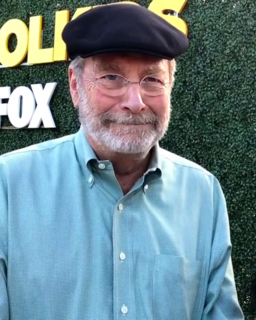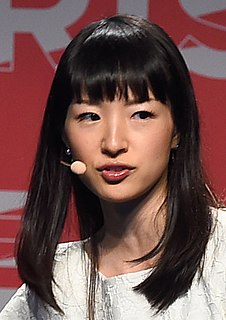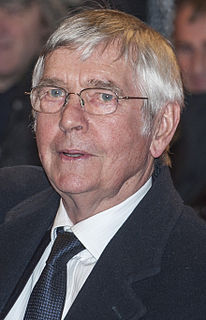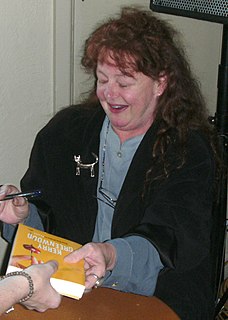A Quote by Lee Isaac Chung
I went to Rwanda with my wife who had been going for the past three summers. She is an art therapist who works with survivors of the genocide. I decided to become a volunteer also, and to teach filmmaking. But thinking about how to approach a class, it made sense to start making a movie there, with the kids.
Related Quotes
And my wife is - you know my wife, Hanna Rosin - it's hard, there's no doubt. We have three kids, and it's a pain. I'm away a lot and it's hard on her, but she's been very generous about it and my kids have been very good about it, too. It also allows me when I'm Washington to be more intent with them.
For kids, it's best to teach them how to fold their clothes first. Kids will be able to fold their clothes at about three years old. You don't want to teach them how to put away toys first because it's difficult. Clothes are something kids wear every day, so it's easy for them to have a sense about their belongings.
I've been making a list of the things they don't teach you at school. They don't teach you how to love somebody. They don't teach you how to be famous. They don't teach you how to be rich or how to be poor. They don't teach you how to walk away from someone you don't love any longer. They don't teach you how to know what's going on in someone else's mind. They don't teach you what to say to someone who's dying. They don't teach you anything worth knowing.
I took part in a theatre festival in Massachusetts two summers after I graduated from college. Then I was in Los Angeles thinking: "I'm going to go to New York." I'd decided that I would not have a chance of a film career, so I was about to make the move. I bought a plane ticket and found a place to live in New York, packed my bags and of course the universe "told me" that I was not meant to go. Suddenly, a week before I was supposed to leave, I had three job offers and one of them was my first movie.
What keeps me up at night? Probably most, thinking about the future for my kids. It sounds kind of funny, but not so much what they're going to do, but how as a parent, how my wife and I as parents, how best we should prepare them for the world. And I know everybody does this, I think everybody stays up at night thinking about the best thing for their kids, and astronauts are no different.
Filmmaking is like any kind of art form. You have to try to figure it out, and you're going to do that by trying. It's like teaching a child to walk. It may start by walking, but eventually it will fall. And I have kids, but I know that that will enable them to stand up again and understand why they fell, and how they can avoid that. They will walk better and faster, and stronger. Filmmaking is the same.
That's what I like about the idea of the aesthetic experience, the idea of both enjoying looking at works of art and how they kind of talk to you, and also the process of making art, getting back to that idea of the aesthetic experience of making art is very important, It's another way of thinking. Instead of just using your brain, you're using your hands to think with. They're different connections, the brain that comes through the fingertips as opposed that comes through the eyes and ears.





































